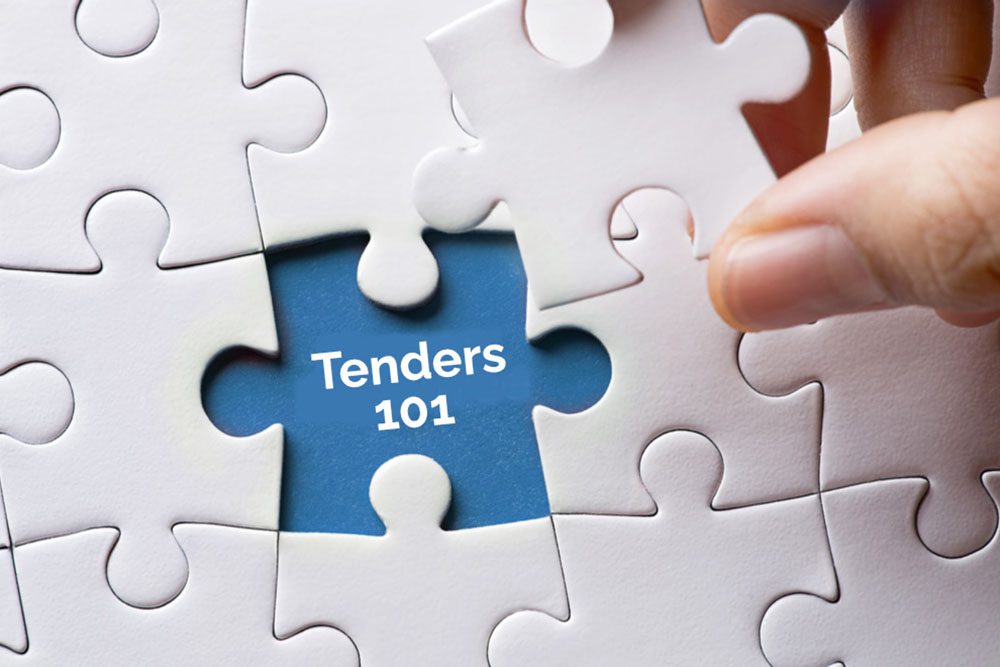Subject Matter Experts (SMES) play a pivotal role in the bidding process. Bid Teams are reliant on their colleagues’ areas of expertise to help answer the 100s of questions within high-value tenders.
However, this puts a lot of pressure on the Subject Matter Experts, especially when fitting in this additional activity between their own workloads and job responsibilities. This can result in content generation being rushed or of a poorer quality than required to win contracts.
It is therefore essential to engage and support SMEs throughout the bid process. In this article we discuss the challenges SMEs face and consider strategies for helping them deliver great content!
SME Tender Contribution Challenges
Before diving into strategies for supporting SMEs, it’s crucial to understand the challenges they face when supplying tender responses to tight deadlines:
- Time Constraints: Tight deadlines leave little room for error or delays. SMEs often find themselves under immense pressure to gather information, analyse requirements, and craft compelling responses within a limited timeframe. This is especially difficult when having to fit this additional activity around their own work responsibilities and deadlines.
- Complexity of Requirements: Tender documents can be extensive and complex, requiring thorough understanding and meticulous attention to detail. SMEs may not have full access to all procurement agency documentation making it difficult to fully decipher the requirements and provide relevant and comprehensive responses.
- Coordination & Collaboration: Tender responses involve multiple stakeholders across different departments, geographies or even organizations. Coordinating activities and ensuring effective collaboration among team members can be challenging, especially when time is of the essence. This can result in Bid Teams having limited engagement with SMEs.
- Sourcing & Sharing Content: In generating tender content, SMEs need to find and compile huge volumes of business information, often from disparate sources. Difficulties in sourcing this content can waste valuable time and may put the business at risk if information used is inaccurate, out of date or incomplete.
- Maintaining Quality: Amidst the rush to meet deadlines, maintaining the quality of tender responses becomes a significant concern. SMEs must strike a balance between speed and accuracy to avoid compromising the integrity of their tender responses.
- Limited Writing Skills: While SMEs will be very knowledgeable in their own areas of expertise, writing tender responses requires a particular skillset that they may not necessarily be conversant with. This will include interpreting tender questions, identifying nuance and understanding scoring and weighting criteria and metrics. As well as generating tender responses that consider grammar, vocabulary, sentence construction, clarity and persuasiveness.
Strategies for Subject Matter Expert Success
To overcome these challenges and deliver high-quality tender responses within tight deadlines, SMEs can adopt the following strategies:
Formalise the SME Role
Ensuring SMEs have their bid roles and responsibilities built into their job descriptions, goals and KPIs will result in a deeper commitment to the process. Conflicts with their own work priorities can be more easily resolved through this wider ownership for tender content contributions.
Keeping SMEs motivated and engaged in the process is paramount, by the acknowledgment of their contributions. This can be achieved through performance reviews, public recognition, or financial rewards.
Collaborate Effectively
It is critical to establish strong working relationships between your Bid Team and SMEs. Engaging in regular meetings, brainstorming session, knowledge share and ideas will help everyone better engage and commit to delivering quality tender responses. Regular communication will also provide for earlier notification of upcoming tenders and allow SMEs to better schedule their time and bid activities.
“Employees who feel included in more detailed workplace communication are almost 5 times more likely to report increased productivity.” McKinsey Institute

Define & Improve Processes
Establishing tender management processes is essential for all involved. SMEs with defined roles and content ownership responsibilities will be much better placed to properly engage in the process. Opportunities to streamline workflows will help SMEs to better manage their activities, schedules and content requests within set timelines.
Having a defined methodology or set criteria for compiling tender responses will also make a huge difference to the result. This could be the adoption of the TenderEyes 4 Cs Model, which will give SMEs a consistent approach to follow for content creation. The model provides a framework for ensuring each tender response is compliant, competitive, compelling and convincing. This will improve response quality and help secure higher evaluation scores.
“75 percent of organisations are still in the midst of standardizing and automating processes.” Gartner
Build a Dynamic Bid Library
Creating a centralised Bid Library such as the TenderEyes Knowledge Bank, will be a huge help to SMEs, allowing them to more easily store, manage, review and update content. This can include business related information and documentation as well as generic tender questions and answers, templates, case studies, and best practices.
This will save both SMEs and the Bid Team significant time when sourcing content and compiling tender submissions. Content metadata will also help ensure content is kept up-to-date, accurate and approved for use within tenders.
Adopt Automation & Support Tools
Leveraging technology and automation tools to streamline tender process will assist both SMEs and the Bid Team. Using a dedicated Bid Management solution such as TenderEyes, provides a powerful platform to facilitate communication, track progress, and manage tender compilation efficiently.
SMEs will receive automated information requests and reminders to complete set content tasks within specified timescales. They will have full access to Procurement Agency documentation, win themes, sales insight, competitor intelligence etc. giving them full context of bid requirements. Thus allowing them to generate stronger tender responses.
Additional tools and AI technology such as the TenderEyes Bid Accelerator adds additional efficiencies. This includes rapid cognitive search for content and easy one click to auto-populate content between TenderEyes and Microsoft 365 apps. This significantly reduces frustrating sourcing and manual repetitive cut and paste activities.
Develop Tender Generation Skills
Ongoing training and development will help SMEs enhance their writing skills and capabilities to deliver more compelling and convincing narratives. Keeping them regularly informed of internal objectives, brand positioning and product innovations as well as industry trends and the competitor landscape will provide them with a deeper understanding of requirements.
Investing in continuous learning will empower SMEs to perform their roles more effectively and adapt to evolving bid and competitor landscape.
Plan for Continuous Improvement
Securing the highest evaluation scores for each and every tender question is the main objective of the Bid Team. SMEs play a vital role in helping achieve these aims.
Regular reviews of standard content and tender answers can be undertaken in downtimes. Content validity and expiry can be easily monitored and resolved within the Bid Library environment. While evaluation scores from previous tender submissions can be evaluated, with poor scoring responses identified for further enhancement.
Thorough review, feedback and improvement of draft responses will need to be undertaken before final tender sign-off and submission.
Responses will need to be checked for accuracy, clarity and alignment with the organisation’s objectives, values and branding. The 4 Cs Model offers an ideal framework for testing individual tender responses.
Finally, responses will need to be tested against the Procurement Agency scoring metrics, with those receiving low scores further enhanced. Every additional point secured may just win you the contract!

Conclusion
Responding to tenders within tight deadlines requires a combination of strategic planning, effective collaboration, and a commitment to quality. Subject Matter Experts play a critical role in this process, leveraging their expertise to craft compelling and competitive responses.
By adopting the strategies outlined above, SMEs can better navigate through the challenges of supplying tender responses to tight deadlines while improving the quality of their submissions.
With a structured approach, leveraging technology, fostering collaboration, and prioritising quality improvements, SMEs can enhance their efficiency and effectiveness in meeting tender deadlines and securing valuable business opportunities.








